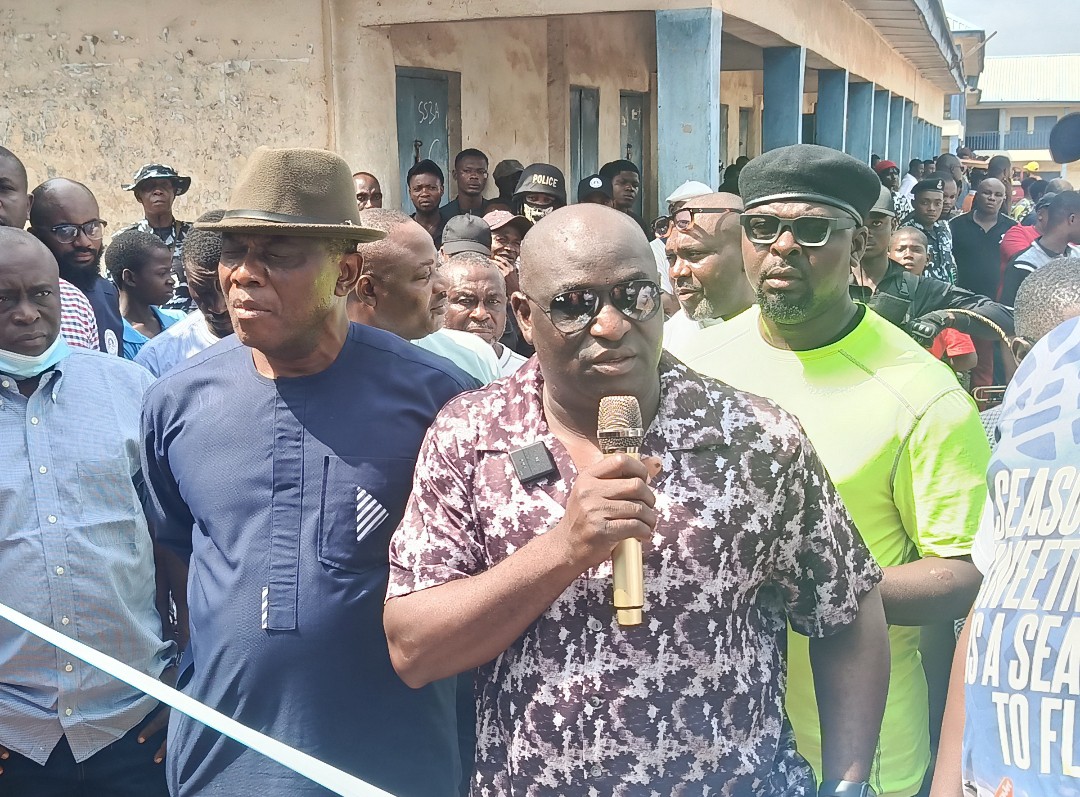The call for the creation of Ogoja State is once again at the front burner of national discourse, and justifiably so. It was recently given renewed strength at the South-South public hearing of the House of Representatives Committee on Constitutional Amendment, where renowned elder statesman and respected son of the soil, Chief Kanu G. Agabi, made a compelling case for the long-overdue establishment of Ogoja State.
This is not just a political demand—it is a call to correct a historical injustice, one that has left an entire region marginalized, underdeveloped, and without a true sense of belonging in the Nigerian federation.
The Old Ogoja Province, which was created during the 1914 amalgamation of Nigeria, is historically one of the earliest administrative entities in the country. Yet, over a century later, it remains the only province from that era not granted the status of a state.
In contrast, other provinces that existed alongside Ogoja have long been upgraded, developed, and integrated into Nigeria’s state structure. This glaring disparity raises a fundamental question: Why has the Old Ogoja Province been left behind?
The people of Old Obubra, Old Ikom, Old Obudu, Ogoja, Boki, and Yala are united not just by geography but by a shared cultural and economic identity. The creation of Ogoja State would not only affirm this unity but also foster regional development, create job opportunities, and provide a platform for indigenous leadership to flourish.
Furthermore, the area’s rich potential in agriculture and tourism, which remains largely untapped, would receive the focused attention it deserves. This is critical for economic diversification, especially in today’s Nigeria where overdependence on oil is proving increasingly unsustainable.
Presently, Cross River State ranks among the states with the largest landmass in southern Nigeria. This vastness creates logistical challenges. For residents of Northern Cross River, accessing the state capital, Calabar, often involves traveling for many hours over difficult terrain just to access basic government services.
A new Ogoja State would bring governance closer to the people, make resource distribution more efficient, and improve overall quality of life for millions of citizens in the region.
This agitation is not new—and neither is it unreasonable. It is rooted in justice, inclusion, and national balance. The consistent neglect of the Ogoja region undermines the principle of equity upon which Nigeria was founded.
Nation-building requires not just unity, but deliberate efforts to give all ethnic and regional groups a fair stake in the national project. The creation of Ogoja State is a vital step in fulfilling that promise.
The demand for Ogoja State is a patriotic one. It is a movement born out of decades of neglect, and it speaks to the soul of a region eager to contribute more meaningfully to Nigeria’s growth and prosperity. The National Assembly and all relevant stakeholders must rise to the occasion and correct this historic oversight.
The time to act is now.
Barr. Paul Adinya Idiga
Lawyer and polical enthusiast.





